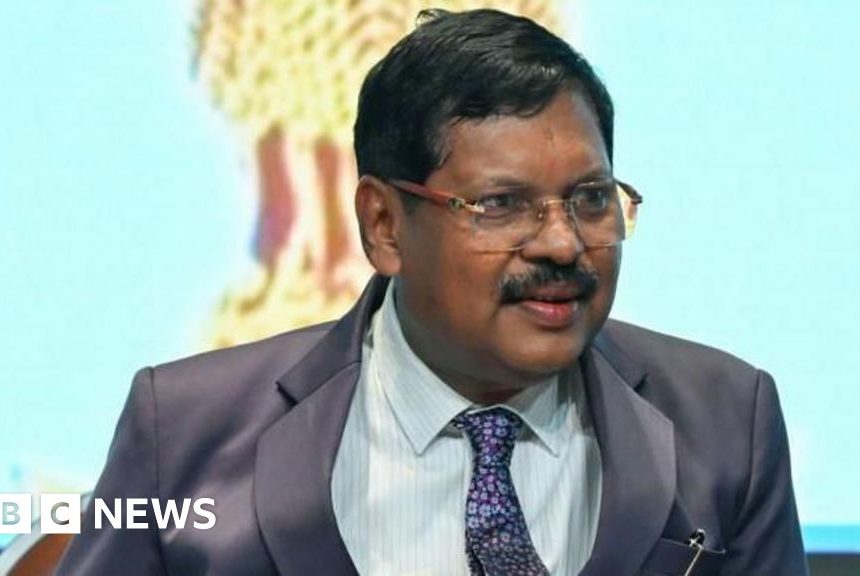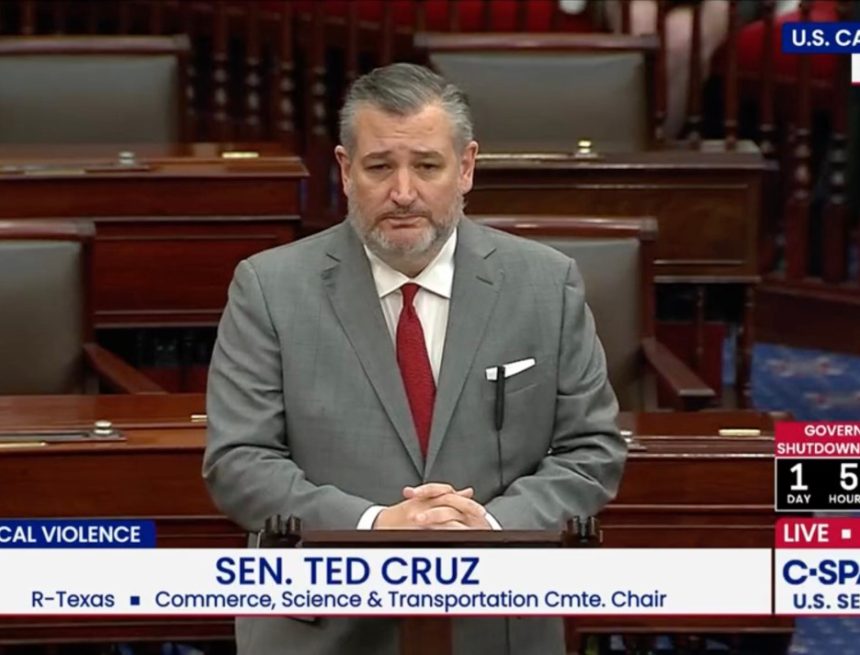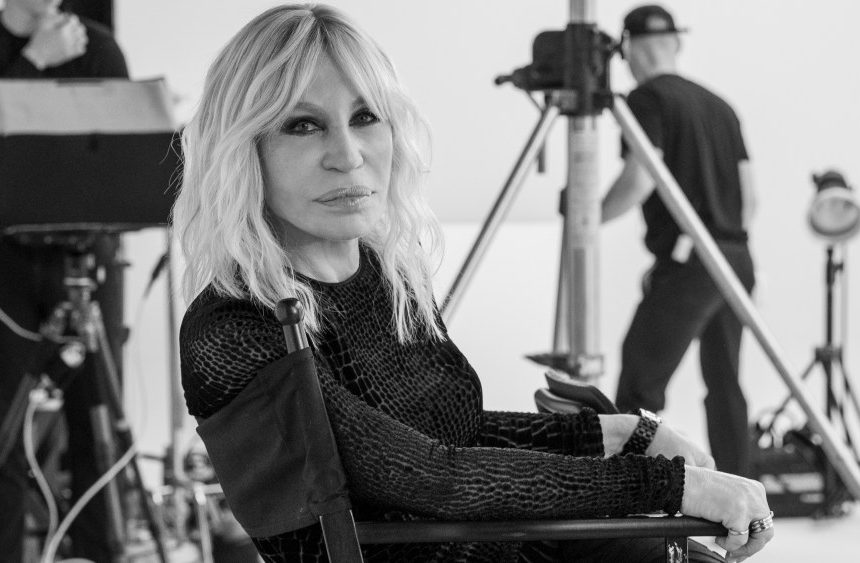Many years ago, I went to a party in central London thrown by a host known for curating interesting and heavyweight guest lists and, on entering, encountered David Irving, the disgraced historian and Holocaust denier. As a marker of social pariahdom, Holocaust denial is up there with – or perhaps even more potent than – a conviction for sex offences, and I turned around and walked out; not through any particular moral superiority, but because I thought “notoriety” as a criteria for inclusion on a guest list was stupid and offensive. As I left, I remember looking across the room at the host and thinking: you silly bloody bint, I’m embarrassed for you.
I thought about that party and Irving this week while reading, with grim amusement, the absolute scramble currently under way in the US among media and other public figures seeking to explain, justify, downplay and generally paddle away as fast as they can from their social interactions with Jeffrey Epstein. I’m not talking about the men alleged to have joined the late paedophile in abusing trafficked girls, but rather the apparently endless list of notable figures – mostly in New York, but also reaching down to Washington DC, and across America’s Ivy League campuses – who enjoyed his hospitality, appeared with him at parties, and exchanged cordial emails with the man long after his true nature was known. As the Senate voted this week to release the Epstein files, the chorus of “we didn’t know!” from certain corners grew so loud it might’ve been Germany in 1946.
For those who associated, however glancingly, with Epstein, the major stumbling block to an effective claim of ignorance is, obviously, the paedophile’s 2008 conviction and subsequent prison sentence for soliciting an underage girl for sex. That phrase – “soliciting underage girls”, along with its sister phrase, “sex trafficking of minors” – has a sanitised, legal air that, back in the 2010s, would’ve allowed more moral wriggle room among those wanting to remain in contact with Epstein than, say, words along the lines of, “child rapist”.
And so claim ignorance they did – and still do. This week, new names from the Epstein email dump triggered a wave of new denials, including one from Deepak Chopra, the so-called guru of spiritual enlightenment, shown to have been in frequent email contact with Epstein after his conviction, and whose advice he sought on various matters. In a vague, nothing-to-see-here statement, Chopra said, “in this case, I hope that all of the truth comes out after ongoing and proper investigations. I’m happy to share whatever I know with authorised officials”. Per Chopra’s teachings, let’s hope karma is indeed a bitch.
Or Katie Couric, a woman we can confidently say would turn up to the opening of an envelope, who attended a dinner at Epstein’s house in New York in 2010, two years after his first conviction. Couric has yet to surface in this round of Epstein coverage, but in 2023, while publicising her memoir, she said: “I didn’t know anything about Jeffrey Epstein at the time … I should have done a little more research … but a lot of the stuff about him hadn’t come out yet.” This echoed the justifications made by George Stephanopoulos, present at the same Epstein dinner as Couric – the then Prince Andrew was there, too – who told the New York Times, “I should have done more due diligence”.
Since then, the potential cost of being found to have been friendly – or even to have been invited to dinner – with Epstein has become far steeper. An enjoyable piece in the New York Times at the weekend set off a relay race of panicked denials as one prominent figure threw the stick of dynamite to another, starting with the publicist Peggy Siegal, who was in frequent and apparently friendly email contact with Epstein and offered to help him out with a PR thing.
Actually, Siegal told the newspaper, she hadn’t helped him at all. “People say things just to get people off the phone,” she said referring to an offer she’d made to take an email of Epstein’s that showed him in a good light, and “cut and paste and send it to Arianna Huffington”.
Huffington must’ve been furious with Siegal for bringing her name into it, and promptly told the New York Times: “I was never contacted.” Meanwhile, Tina Brown was busy telling the same newspaper that an invitation to dinner at Epstein’s was so offensive to her that she had an outburst in the Daily Beast newsroom “What the hell is this – the Predator’s Ball?”, Brown said on the phone to Epstein’s publicist, she recalled. In the current climate, it may not be enough to have turned down an invitation to Epstein’s for dinner; simply to have been asked – to have been considered someone who might’ve said yes – requires repeated and strenuous rebuttal.
The reason for these very emphatic denials is not merely because so many people said yes to Epstein long after his conviction, but because of who they were, upmarket hacks who love to be at the centre of the story, whatever that might be. This is the weakness Epstein played on, the vanity of those who like to be on the inside and think a well-curated dinner party with important, famous or wealthy guests is the greatest thing on Earth – greater, perhaps, than any other consideration.
after newsletter promotion
-
Emma Brockes is a Guardian columnist
-
Do you have an opinion on the issues raised in this article? If you would like to submit a response of up to 300 words by email to be considered for publication in our letters section, please click here.


